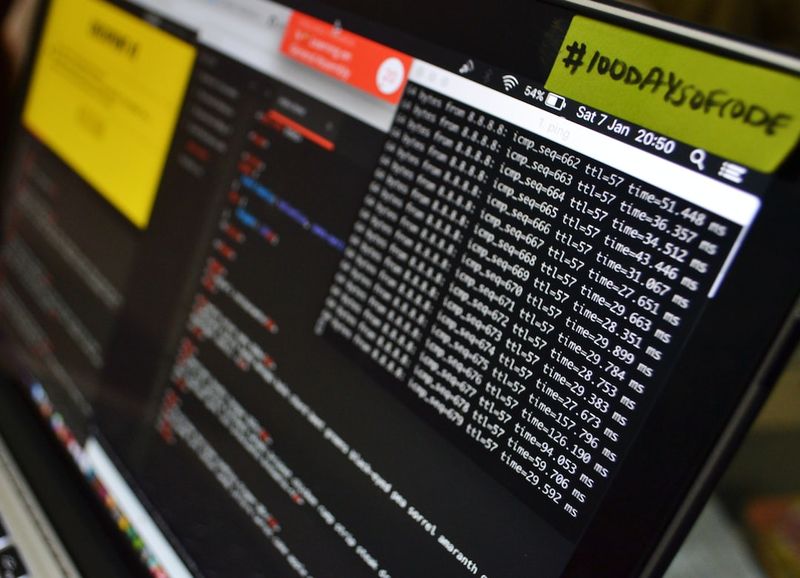Cybercrime: Airbus Launches Investigation After Hacker Leaks Data
The Breach
Airbus, the French aerospace giant, has launched an investigation after a hacker claimed to have breached the company’s systems and leaked business documents. The hacker, known as ‘USDoD,’ previously claimed to have breached the FBI’s InfraGard database. In this case, the hacker obtained personal information from 3,200 individuals associated with Airbus vendors, including names, job titles, addresses, email addresses, and phone numbers.
Attack Vector
Airbus confirmed that the hacker gained access to its systems using a compromised account belonging to an employee at a Turkish airline. The cybersecurity firm Hudson Rock, which reported on this breach, determined that the employee likely got their device infected with RedLine malware after downloading a pirated version of .NET. This incident highlights the risk of using pirated software and the importance of maintaining strong cybersecurity practices.
The Role of Info-Stealer Malware
The Hudson Rock investigation revealed that the hacker likely used info-stealer malware to collect credentials from infected computers. Info-stealer malware has become a primary attack vector in recent years, providing threat actors with easy entry points into companies. This malware collects credentials, which are then sold to others. Hudson Rock also noted that info-stealers have been observed stealing hacker forum credentials, further highlighting the interconnectedness of cybercriminal activities.
Airbus‘ Response
Airbus has taken immediate remedial and follow-up measures to prevent further compromise of its systems. The company stated that an investigation is underway and that its security teams are working to secure its systems. This response shows a commitment to addressing the breach and ensuring the security of customer data moving forward.
Editorial: The Perils of Cyber Attacks and Data Breaches
The Growing Threat of Cybercrime
This incident involving Airbus highlights the ever-growing threat of cybercrime and the devastating impact it can have on organizations and individuals. Cybercriminals are becoming increasingly sophisticated in their methods, exploiting vulnerabilities in systems and compromising sensitive data. This breach also underscores the importance of robust security measures and ongoing vigilance to prevent unauthorized access and data leaks.
The Importance of Strong Cybersecurity Practices
Organizations must prioritize cybersecurity measures to protect their systems and sensitive data. This includes regularly updating software, employing secure network configurations, implementing multi-factor authentication, and conducting regular security audits. It is also crucial for employees to be educated on cybersecurity best practices and to exercise caution when interacting with potentially malicious content or downloading unauthorized software.
The Role of Individuals in Cyberspace
While organizations have a responsibility to maintain strong cybersecurity defenses, individuals also play a crucial role in protecting themselves and their data online. This includes using strong, unique passwords, enabling two-factor authentication, and being cautious with sharing personal information. Additionally, individuals should avoid engaging with pirated software or downloading files from unknown sources, as these can often be vehicles for malware.
Advice: Protecting Against Cyber Attacks
1. Update Software Regularly
Regularly updating software, including operating systems and applications, is key to staying protected against known vulnerabilities that cybercriminals exploit.
2. Use Strong and Unique Passwords
Avoid using the same password across multiple accounts and create strong passwords that combine lowercase and uppercase letters, numbers, and special characters. Using a password manager can help generate and store complex passwords securely.
3. Enable Two-Factor Authentication
Two-factor authentication adds an extra layer of security by requiring users to provide a second method of verification, such as a code sent to a mobile device, in addition to a password.
4. Exercise Caution with Email and Links
Be cautious when opening emails or clicking on links, especially from unknown or suspicious sources. Verify the legitimacy of emails before providing any sensitive information or downloading attachments.
5. Back up Important Data
Regularly back up important files and data to an external hard drive or secure cloud storage. In the event of a cyber attack or data breach, having backups will ensure that valuable information can be recovered.
6. Educate Yourself and Stay Informed
Stay informed about the latest cybersecurity threats, trends, and best practices. Educate yourself on how to recognize and respond to potential cyber threats to better protect yourself and your organization.
In conclusion, the cyber attack on Airbus serves as a stark reminder of the growing threat of cybercrime and the need for robust cybersecurity measures. It emphasizes the importance of organizations and individuals taking steps to protect their systems, data, and privacy. By continually updating software, using strong passwords, enabling two-factor authentication, exercising caution with emails and links, backing up data, and staying informed about cybersecurity, individuals and organizations can mitigate the risk of cyber attacks and safeguard against potential breaches.

<< photo by Shane Aldendorff >>
The image is for illustrative purposes only and does not depict the actual situation.
You might want to read !
- Exploiting Vulnerabilities: Remote Attacks on Windows Endpoints via Kubernetes
- Azure HDInsight: Unveiling the Cracks in the Analytics Fortress
- The Rising Threat: Exploring the Implications of ‘MetaStealer’ Malware Targeting Businesses
- The Hidden Menace: Python Malware Wreaks Havoc on Millions of Facebook Business Accounts
- MGM Resorts Faces Major Cybersecurity Breach: A Closer Look at the Fallout
- How to Safeguard Against Phishing Attacks and Data Breaches: Insights from Associated Press Stylebook Users
- Data Disaster: LockBit Exposes Classified Information Pilfered from UK Defense Contractor
- South African Department of Defence Faces Allegations of Stolen Data: Exploring the Truth
- The Rising Threat: Uncovering a Sudden Surge of Malware Targeting the Public Sector
- The Rise of Ransomware Threats: Seiko Falls Victim to Data Leaks
- Foretrace’s “Tim” AI Analyst: Revolutionizing Data Leak Assessment and Response
- The Art of Deception: Unveiling How and Why Cybercriminals Fabricate Data Leaks




